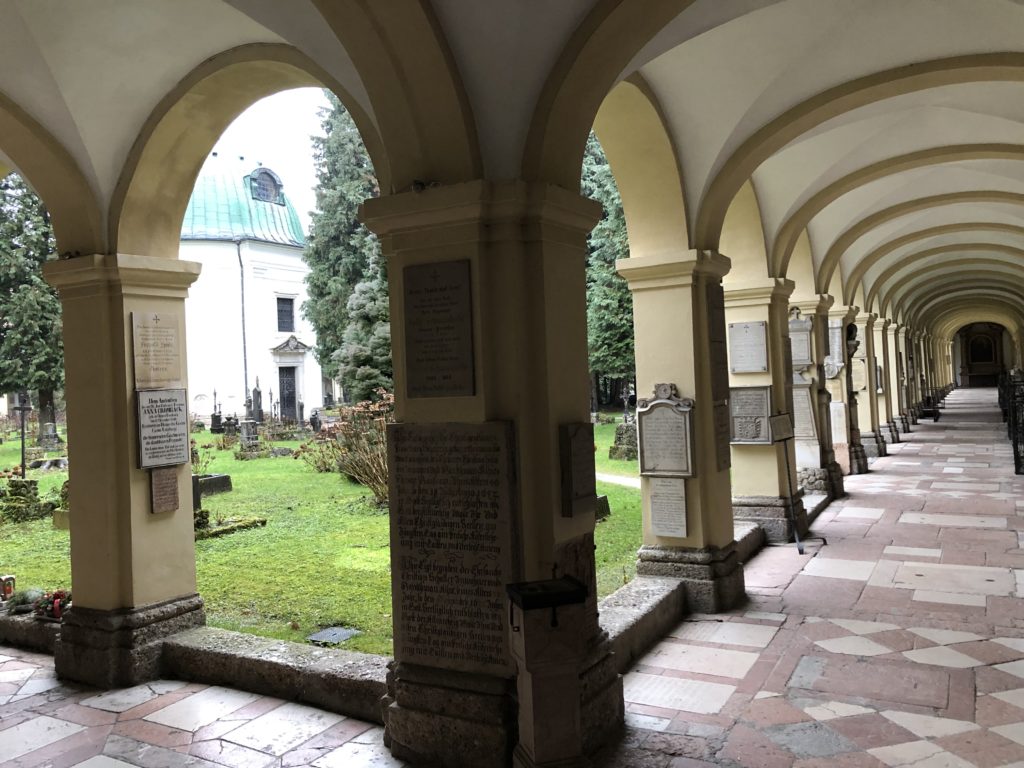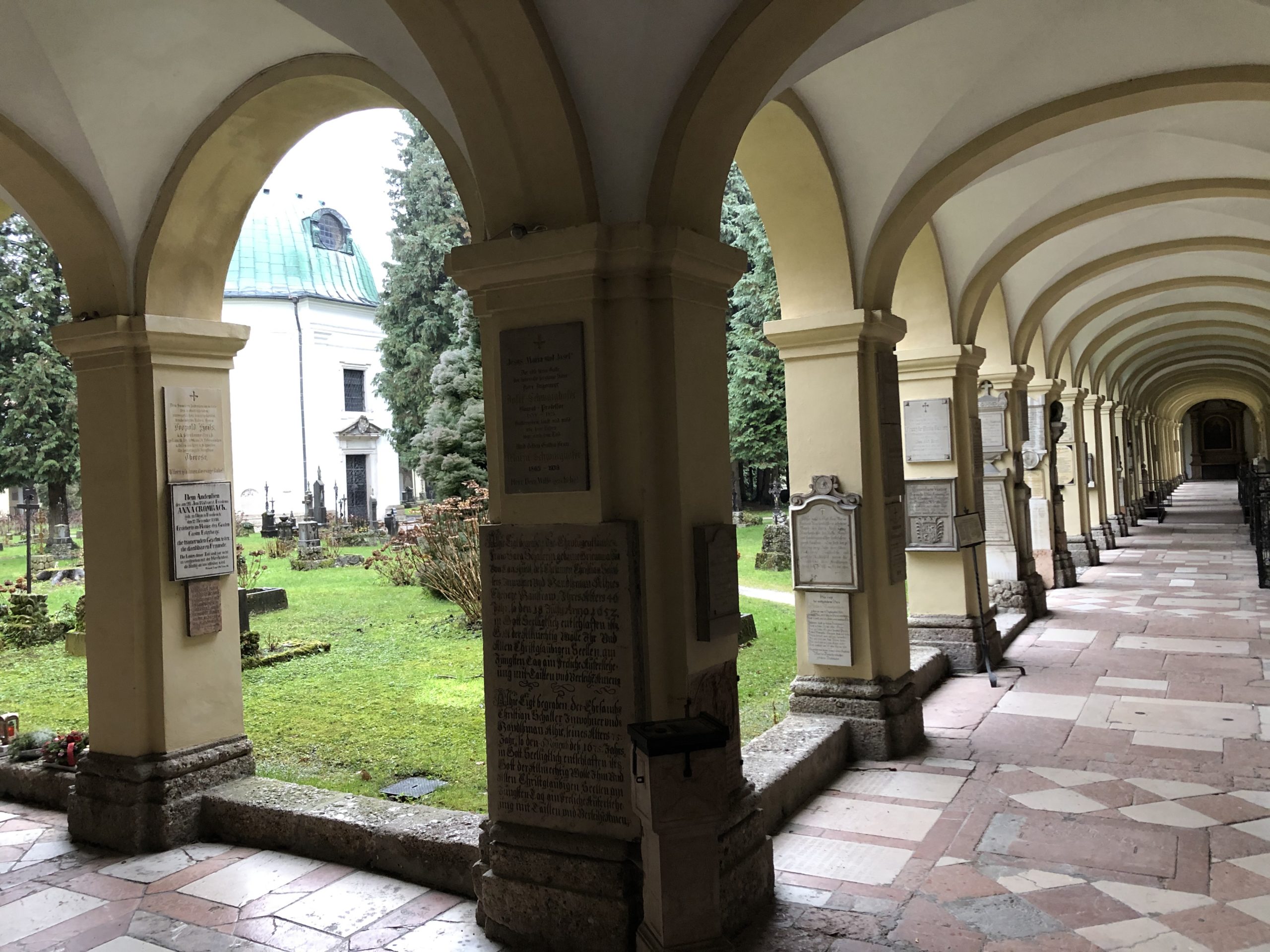
My family met up over the holidays in Salzburg. We mostly stuck together as a family, but on the last day we agreed each could go their own way to see something of particular interest to them. Some went in search of Sound of Music filming locations; others went to famous Austrian coffee houses. I went to a cemetery.
Specifically, St. Sebastian’s cemetery, the final resting place of Mozart’s family and Christian Doppler, whose 19th century work in physics serves as the basis for our daily Doppler radar weather report. But I was there specifically to pay homage to Paracelsus, father of the science of toxicology. Hey, I warned you this was going to get wonky.
So, if you’re still reading this, Paracelsus is credited with coining in the early 1500s the phrase “Only the dose makes the poison.” He was correct then, and he’s still correct 500 years later. It means, the mere presence of something in food, air or water doesn’t automatically mean it’s harmful to our health. It is the amount of it that dictates its effect on us. For example, water is necessary for life, but excessive amounts can kill us. Arsenic is naturally present in the soil, but when taken up by plants that we eat it is normally found in such vanishingly small quantities that it poses no health risk to us.
The age-old reasoning that ‘only the dose makes the poison’ is the foundation for the laws and rules that regulate today’s safety of food and the environment. The EPA sets very conservative tolerances for pesticide residues in food, tolerances that are typically measured in parts per billion. Very simply, a part per billion is equivalent to one second in about 32 years. Or one silver dollar in a roll stretching from Detroit to Salt Lake City. You get the picture.
In a few weeks the annual Dirty Dozen report will be released in another shameless effort to leverage consumers’ lack of science knowledge as a fundraiser for the activist group that publishes it. They won’t tell you that every apple the government tests is proven to be well within the strict tolerances set by the regulators, but they will try to alarm you that your food is unsafe.
But you, dear reader, are not going to fall for that silly nonsense because you’ve been armed with new knowledge from a very old source. Use it wisely.
Jim Bair is president and CEO of USApple.








